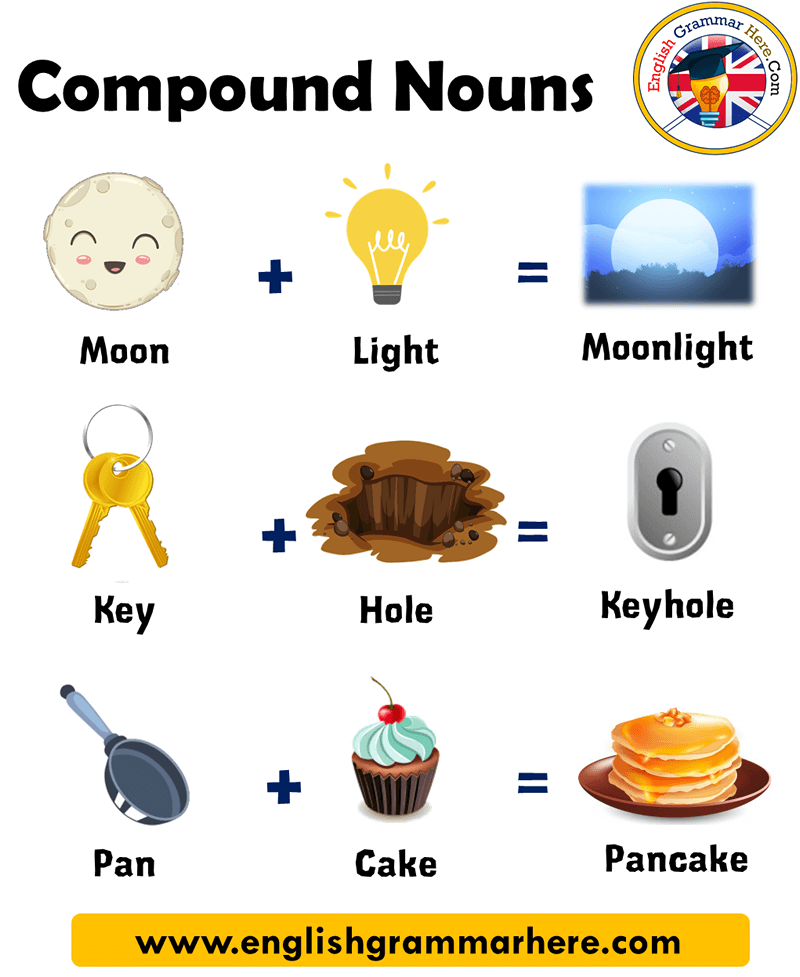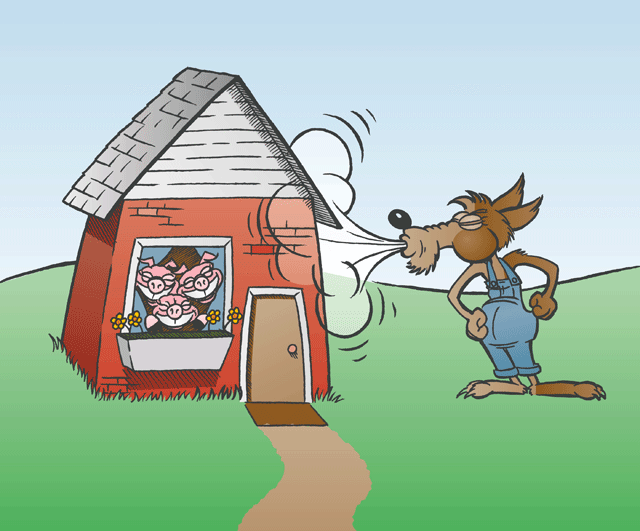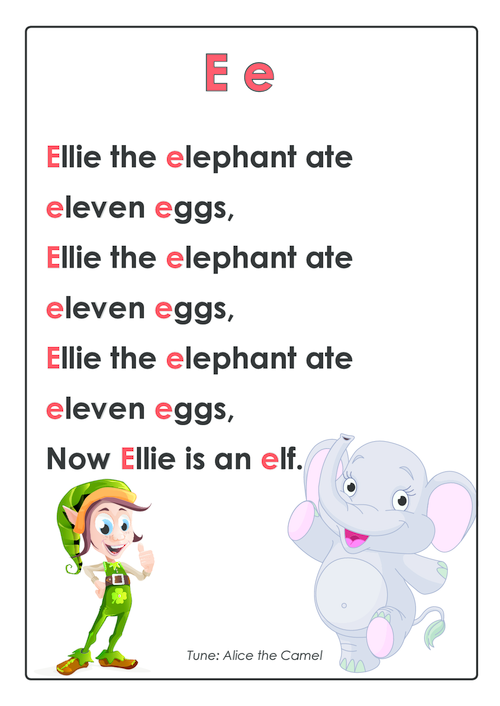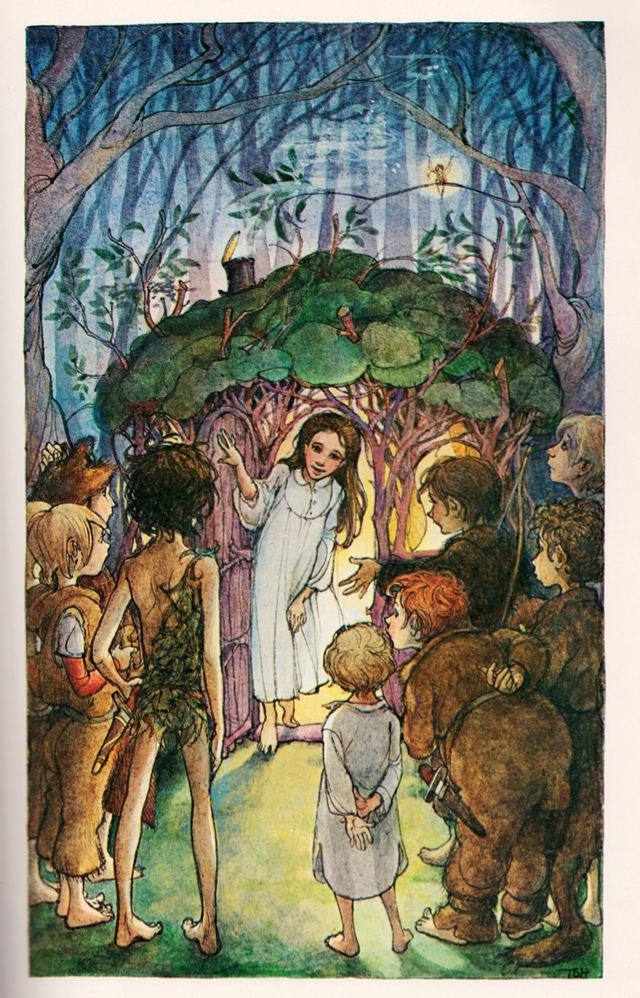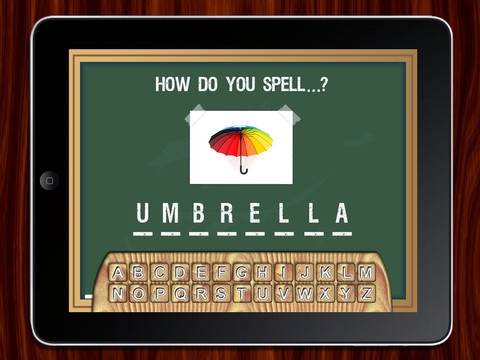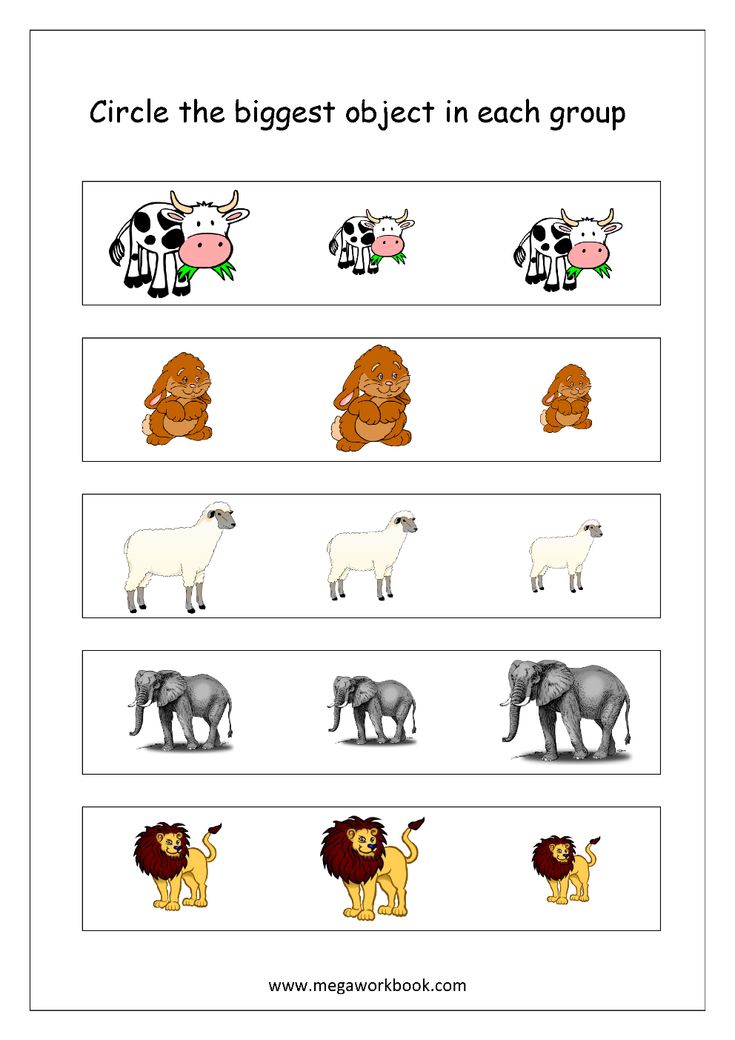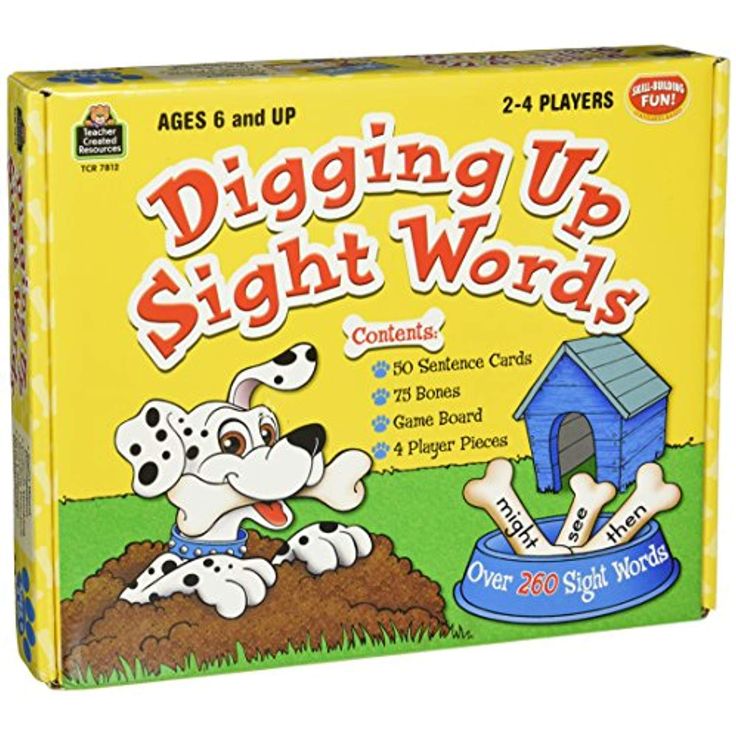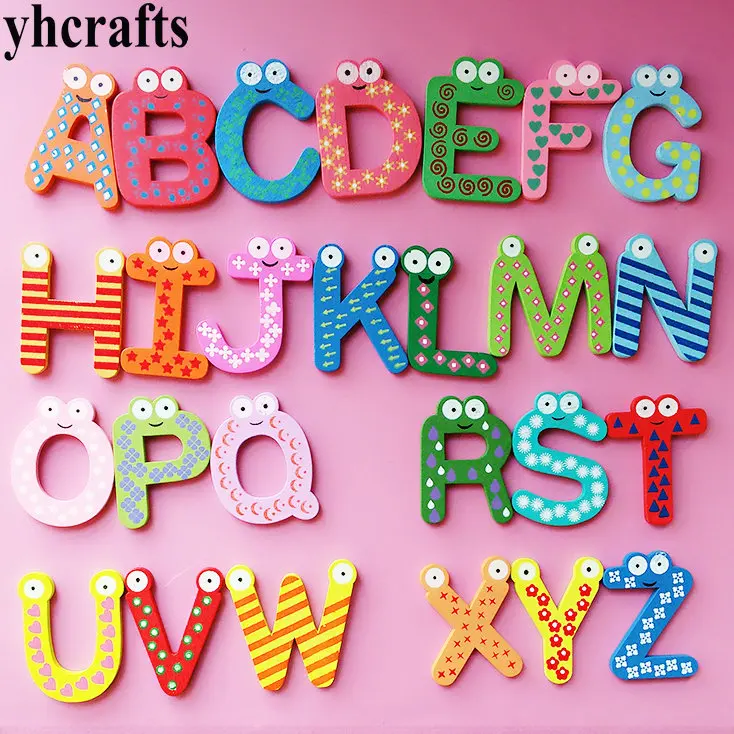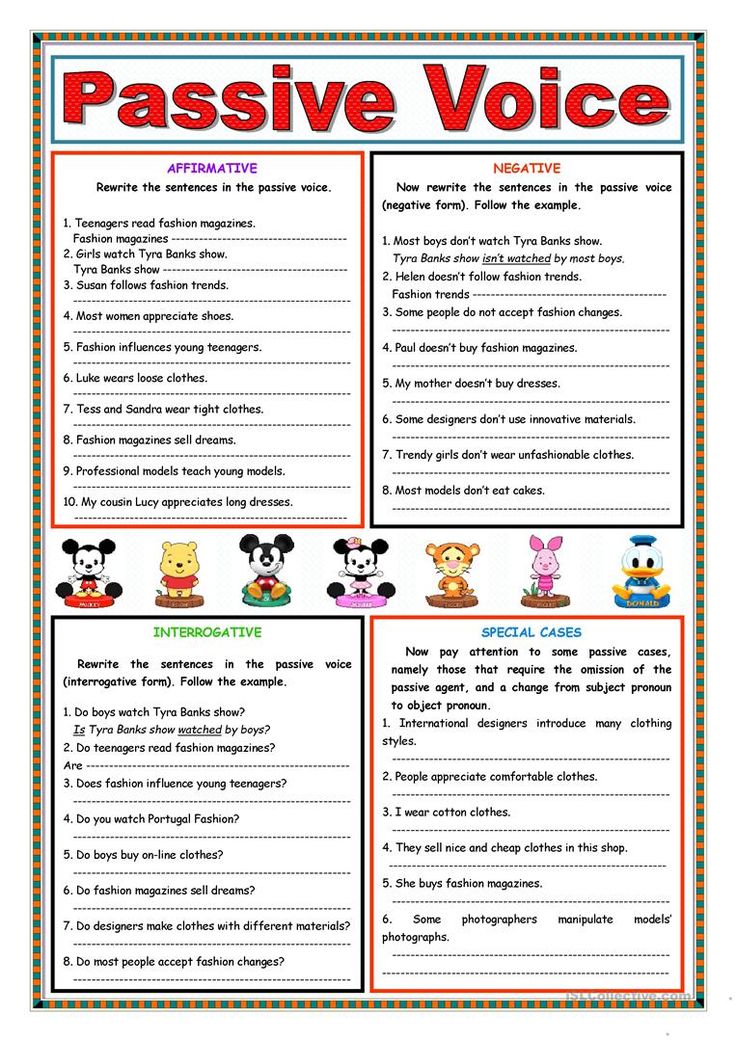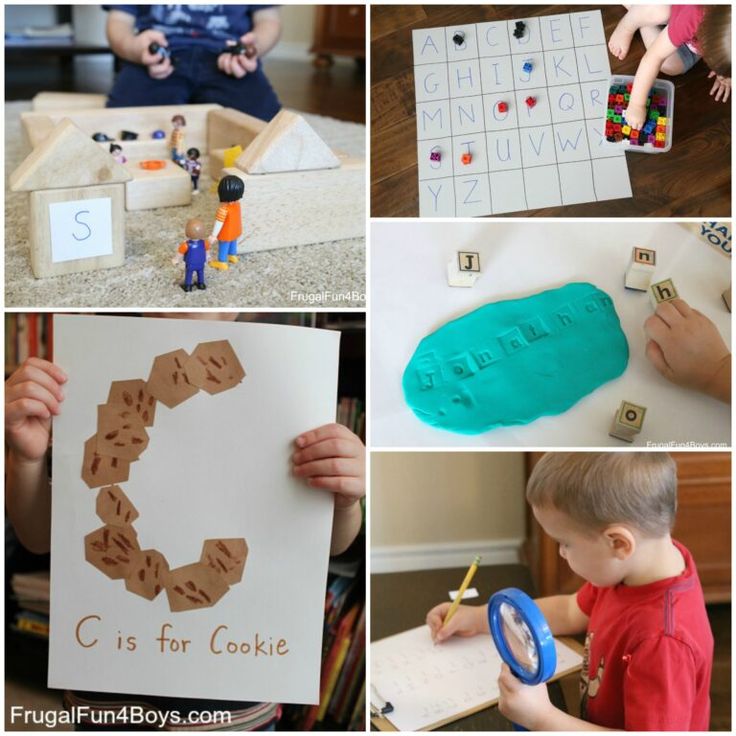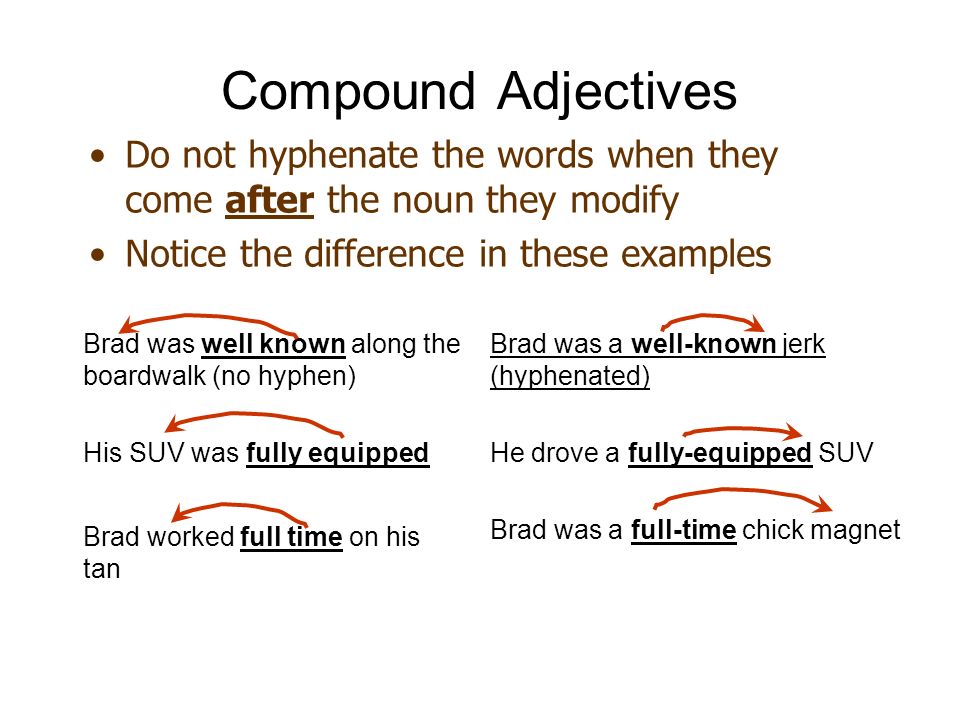Open compound words
Open and Closed Compound Words: Common Examples and Rules for Spelling
by Yen Cabag | 24 comments
When reading or writing in English, you will notice that two or more words put together can mean a totally different thing.
For example, you may understand the words “old” and “school” when you encounter them separately, but when you put them together, you create a compound word that describes something traditional or old-fashioned.
Learning compound words is a great way to expand your vocabulary. In this post, we’ll explore some of the most common compound words in the English language, along with their meanings.
What Are Compound Words?
Compound words are words that are formed by connecting two or more words together to create a new meaning. They are written in three ways:
- Open compound words: These are spelled as two separate words.
- Closed compound words: These are joined together to form one word.
- Hyphenated compounds: These are two or more words connected by a hyphen.
The challenge is knowing how to spell the words that you need. One way is to simply memorize them, but there are also some qualities that can help you remember how to write them.
Open Compound Words
Open compound words are usually formed when a modifying adjective is attached to a noun, creating a new noun. Take note that it is not simply an adjective describing a noun in a sentence, but instead, the compound is taken as a whole new word.
For example, let’s take the noun school:
- high school: means a completely different thing than just an adjective describing a school;
- new school: is a description of a school that is new, not a compound word;
- old-school: this is a hyphenated compound word that describes something out-of-date, traditional, or old-fashioned (notice the two other hyphenated compound words in this sentence).
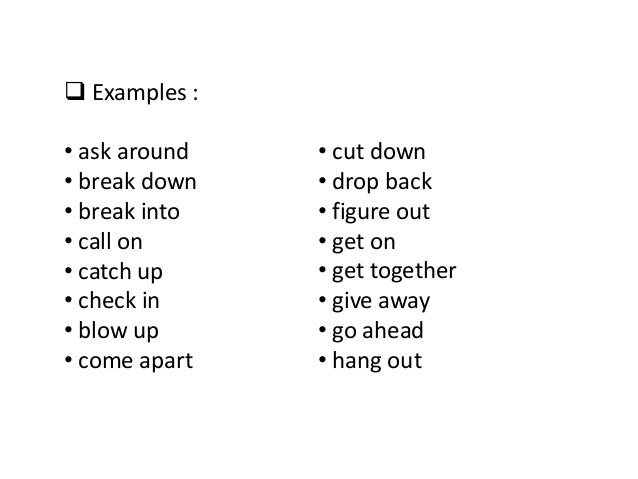
To form open compound words, we separate the modifying adjective from the noun with a space.
For example:
- dining room
- living room
- new moon
- real estate
- coffee table
- paperback book
- racing car
- mountain bike
- jogging pants
- P.E. uniform
- foster mom
- high school
- school bus
- ice cream
- cream cheese
Open compound words are also formed when an adverb ending in -ly is combined with another word:
- newly discovered
- highly contagious
Closed Compound Words
Closed compound words are two or more words that are joined together as one word. Initially, they may not have been joined together, but over time, many of them have come to be accepted as “real words” in English.
For example:
- notebook
- moviegoer
- sunflower
- makeup
- haircut
- newspaper
Hyphenated Compound Words
Compound adjectives are the ones that usually come with hyphens.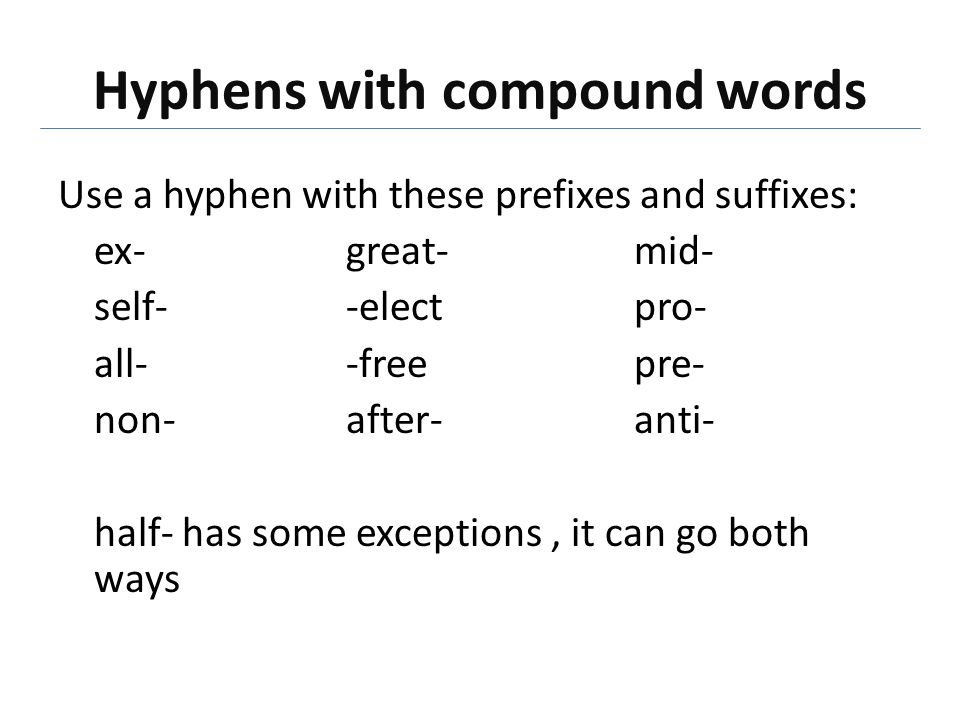 But remember, you only hyphenate them when they come before the noun they modify. If they appear after the noun in the sentence, remove the hyphens.
But remember, you only hyphenate them when they come before the noun they modify. If they appear after the noun in the sentence, remove the hyphens.
For example:
- That was a well-thought-out plan.
- The plan was well thought out.
- He made sure to make politically-correct statements.
- His statements were all politically correct.
Compound nouns that come with hyphens include:
- mother-in-law
- father-in-law
- sister-in-law
- brother-in-law
- attorney-in-fact
How to Spell Compound Words
The best way to learn how to spell compound words is to memorize them, or consult a dictionary. Here is a list of some of the most common compound words and their spellings:
Family members
- stepfather
- stepmother
- stepbrother
- stepsister
- grandfather
- grandmother
- great grandfather
- great grandmother
- mother-in-law
- father-in-law
- sister-in-law
- brother-in-law
Parts of the Home
- living room
- bedroom
- dining room
- bookshelf
- bedside
- nightstand
- cupboard
- bathroom
- sunroof
- teaspoon
- tablespoon
- teacup
- coffee mug
- shot glass
Body Parts
- armpit
- shoulder blade
- backbone
- eyelashes
- eyebrows
- earlobes
- fingernail
- toenail
People and Their Professions
- policeman
- chairman
- fireman
- stuntman
- busboy
- cabdriver
- caveman
- fisherman
- cowherd
- cowboy
- mailman
- milkman
- taxpayer
- teammate
- waterboy
Clothes
- bathrobe
- business suit
- wedding dress
- nightgown
- tennis shoes
- rubber shoes
Vehicles and Related Words
- airplane
- airport
- jet plane
- spaceship
- mountain bike
- race car
Food and Related Items
- ice cream
- ice cream cone
- snow cone
- white wine
- red wine
- milkshake
- cheesecake
- apple pie
- pancake
- French fries
- hamburger
- chocolate chip cookies
- custard cake
- hotdog
- watermelon
- pineapple
- Tupperware
- strawberry
- blueberry
- blackberry
- meatloaf
- grilled cheese sandwich
Business Establishments
- supermarket
- grocery store
- convenience store
- bookstore
- car rental
- online store
- barber shop
- hair salon
Animals and Insects
- butterfly
- dragonfly
- firefly
- praying mantis
- grasshopper
- angler fish
- Persian cat
- golden retriever
- German shepherd
- cocker spaniel
- Yorkshire terrier
- catfish
- stingray
- goldfish
- sunbird
- tailorbird
- kingfisher
- starfish
- jellyfish
- brittle star
- hermit crab
Games
- baseball
- basketball
- football
- volleyball
- pickleball
- table tennis
- lawn tennis
- tennis racket
- badminton racket
- softball
- video game
- virtual reality
- golf cart
- golf balls
- baseball mitt
- baseball bat
- Chinese checkers
Spelling Open and Closed Compound Words
Familiarize yourself with the correct spelling of compound words so you will always know whether to spell them as one word, separate words, or hyphenated words.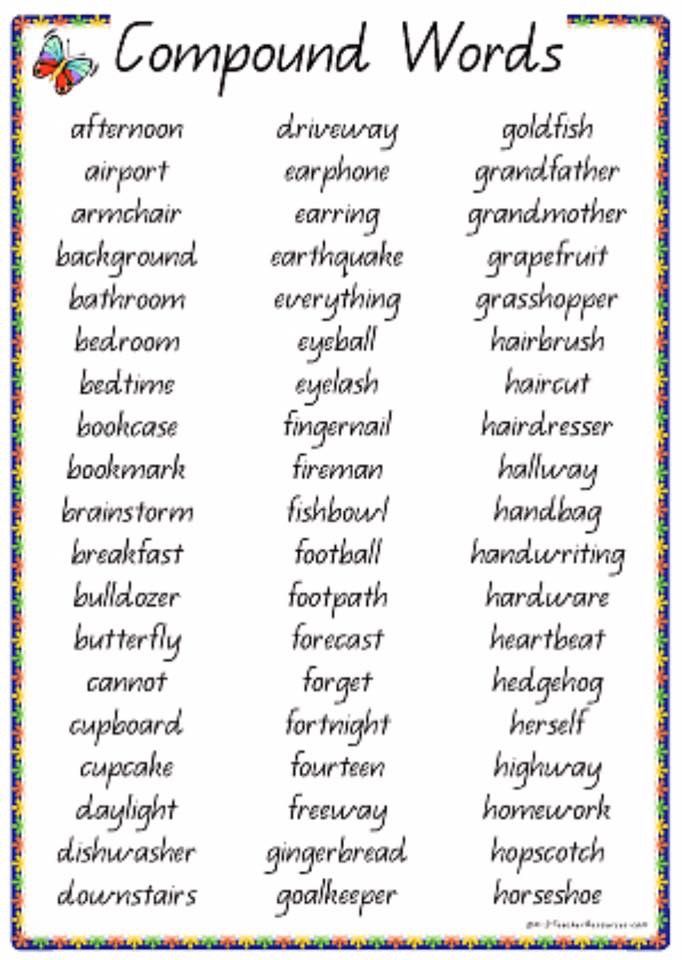
If you’re uncertain, always consult a dictionary, style guide, or a trusted Internet source.
Did you find this post helpful? Let us know in the comments below!
If you enjoyed this post, then you might also like:
- How to Study for a Spelling Test: 8 Tips for Better Results
- American vs. British Spelling: Orthography and Alternate Spellings of Common Words
- How to Spell Better Using the Secrets of Spelling Bee Winners
- Irregular Plural Nouns Explained: Rules and Examples
Yen Cabag
Yen Cabag is the Blog Writer of TCK Publishing. She is also a homeschooling mom, family coach, and speaker for the Charlotte Mason method, an educational philosophy that places great emphasis on classic literature and the masterpieces in art and music. She has also written several books, both fiction and nonfiction. Her passion is to see the next generation of children become lovers of reading and learning in the midst of short attention spans.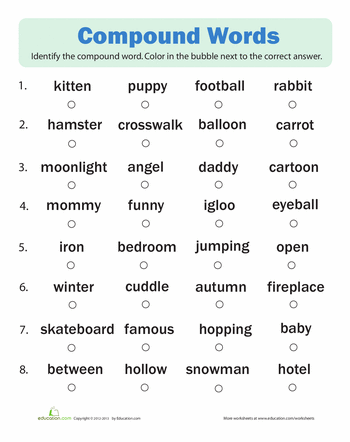
Open, Closed and Hyphenated Compound Words
Skip to content
ByDavid Underwood Updated on
What are Compound Words?
It’s best to define compound words with an example:
Grand + Mother
On their own, both these words have separate meanings. But when you put these two words together, it creates an entirely different word and meaning.
Grandmother
For compound words, when you put two different words together, it forms another word and meaning. There are different types of compound words. For example, compound words can have hyphens, spaces, or no spaces at all between the two words.
Types of Compound Words
Over time, English has morphed itself. As a result, people have created new types of compound words. In turn, this language gets passed along and circulated to what it is today.
In terms of compound words, they’ve transformed into various types. For example, compound words can have hyphens, spaces, or no spaces at all between the two words. There are 3 types of compound words:
- Hyphenated Compound Words
- Closed Compound Words
- Open Compound Words
Below, we have added lists of examples for all the types of compound words.
Hyphenated Compound Words Examples
Hyphenated compound words place a hyphen between the two words. For example, “well-being” is a hyphenated compound word because it connects two words together with a hyphen.
HYPHENATED COMPOUND WORDS
- High-speed
- Empty-handed
- Mass-production
- High-tech
- Deep-fried
- Left-handed
- In-depth
- Full-length
- Part-time
- Time-saving
- North-east
- Sun-dried
- Long-haired
Closed Compound Words Examples
Closed compound words don’t have any spaces between the two combined words.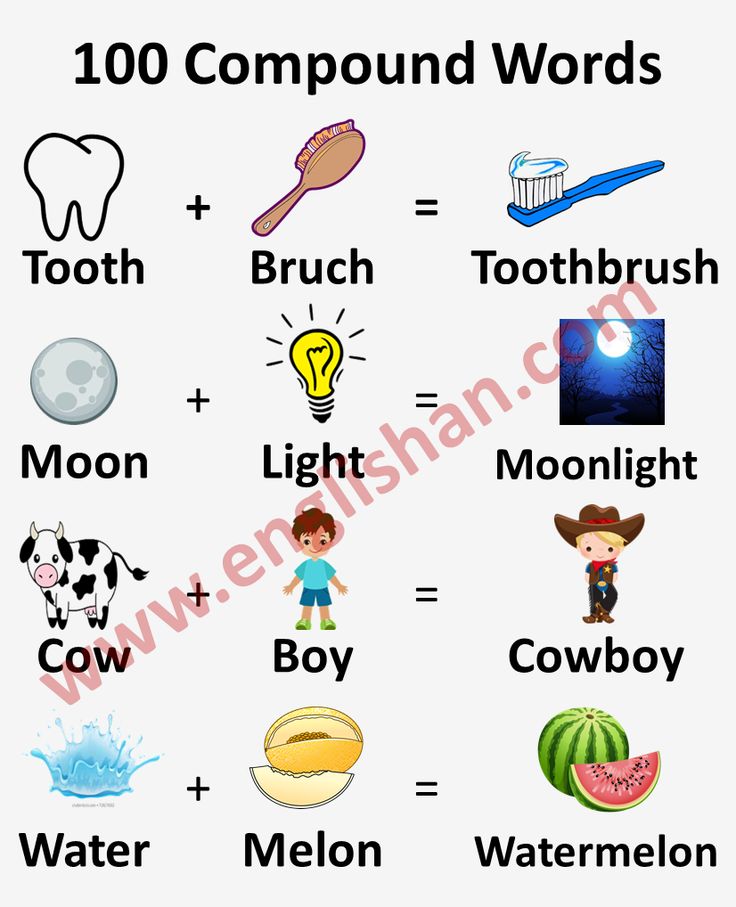 For example, “playground” is a closed compound word because it doesn’t have a space between it.
For example, “playground” is a closed compound word because it doesn’t have a space between it.
CLOSED COMPOUND WORDS
- Playground
- Footprint
- Fishbowl
- Grasshopper
- Bookmark
- Keyhole
- Bowtie
- Popcorn
- Basketball
- Horseshoe
- Keyboard
- Notepad
- Skateboard
Open Compound Words Examples
Open compound words put two words together to create a meaningful weird but use a space to separate them. For instance, high school is an open compound word.
OPEN COMPOUND WORDS
- High school
- Living room
- Roller coaster
- Peanut butter
- First aid
- Web page
- Hot dog
- Voice mail
- Table cloth
- Fire drill
- Ice cream
What’s Next?
What do Superman, Robocop, and Catwoman all have in common?
They’re superheroes! Yes. But they’re also all compound words too. Actually, there are compound words everywhere.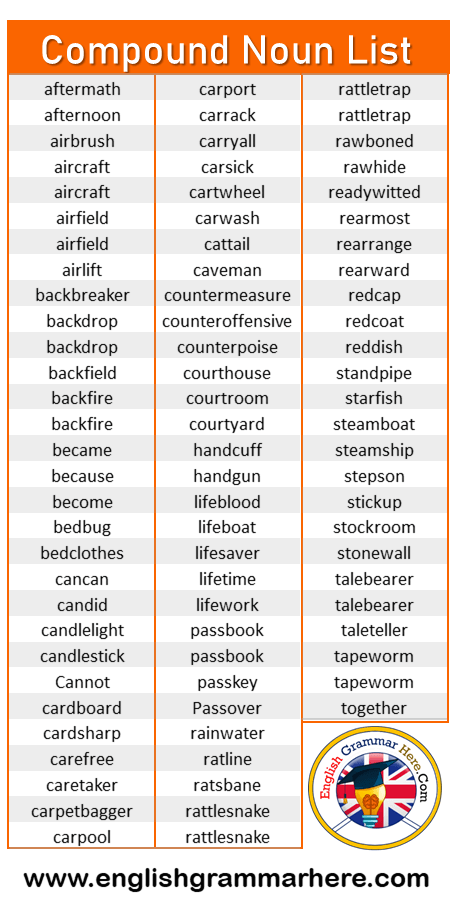
And they’re tons of fun to teach with our free compound words worksheets. What are some of your favorite compound words?
And if you want to teach compound words, check out our free compound words worksheets that you can use in your classroom today.
Two-syllable words from open syllables
Melon, water, cotton wool, cinema, coffee, fly, ear, children, feet, boots, sneakers, eyelid, perfume, notes, willow, theme, sky, food, lady, bath, kiwi, fashion, mom, dad , aunt, uncle, woman, grandfather, puma, dacha, hut, miracle, fairy, quietly, where, there, Vova, Dima, Katya, Vitya, Nata, Nina, Tanya, Mitya, Tom, Vanya, Vyata, Capa, Venya, Vika, Dunya, Danya, Gena, Petya, Ida, Fenya, Fedya, Nika, run, I will, I can, want to go.
Ta-ta-ta - is cotton wool
(ata-ata).
Tu-tu-tu — for cotton wool
(atu-atu).
You-you-you — no wool
(at-at).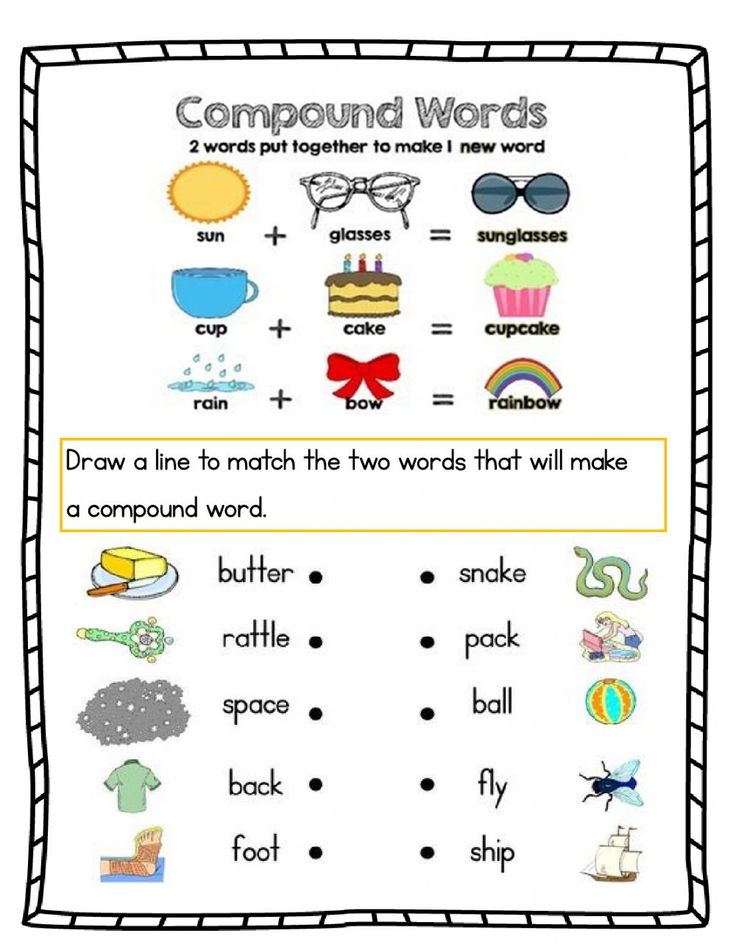
Yes yes yes - from Dima food.
Hee hee hee — y mother spirits.
Choo-choo-choo - I want a melon.
Gee-gi-gi - is faster run!
Ohm-ohm — I will be at home.
Ofe-ofe - at mom coffee.
Ynya-ynya - at the father's melon.
Ache-Ache - Danya on dacha.
W
Impact syllable: neck, bus, fur coat, soul, show, breathe.
Unstressed syllable: porridge, carcass, ears, mice, yours, ours, hush, higher, Dasha, Masha, Kesha, Pasha, Misha.
Shi-shi-shi — Kesha, breathe!
Asha-asha - Dasha porridge.
Ashi-ashi - fur coat Masha.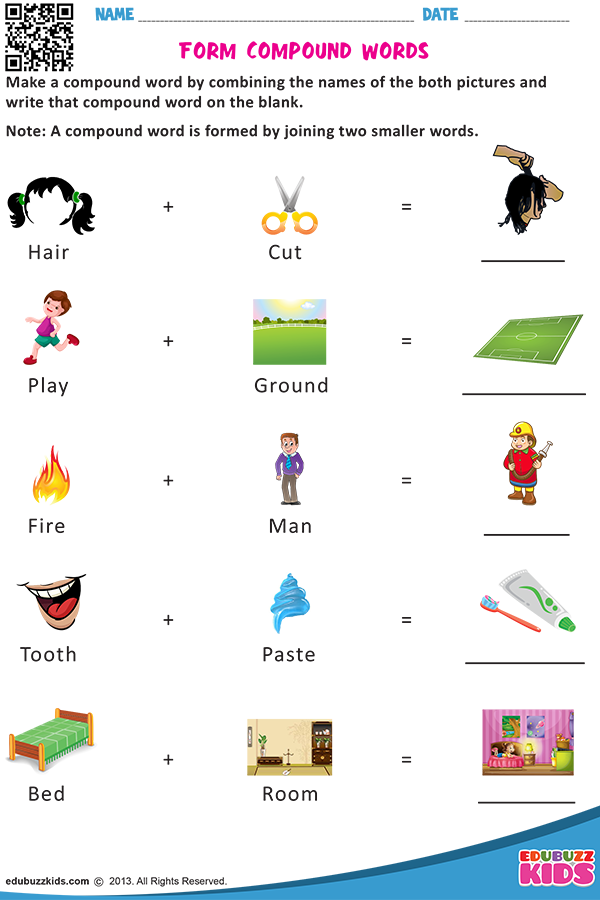
Ashi-ashi - Dasha has ears.
yshi-yshi - from Pasha mice.
Eun-eun - at Misha tire.
F
Impact syllable: toad, knives, snakes, hedgehogs, already, Zhenya, Zheka, I wake up, I go.
Unstressed syllable: leather, bugs, even worse, I see.
Ms. Ms. Ms. - I see a hedgehog.
Zhu-zhu-zhu - bug bug.
Zhy-zhy-zhy - knives at home.
C
Impact syllable: sleigh, wasp, soda, owls, juices, honeycombs, mustaches, scales, noses, braid, soy, dry, Sonya, Sanya, I carry, pass.
Unstressed syllable: beads, meat, kitty, braids, wasps.
Sa-sa-sa - is a wasp.
Sa-sa-sa - Sony braid.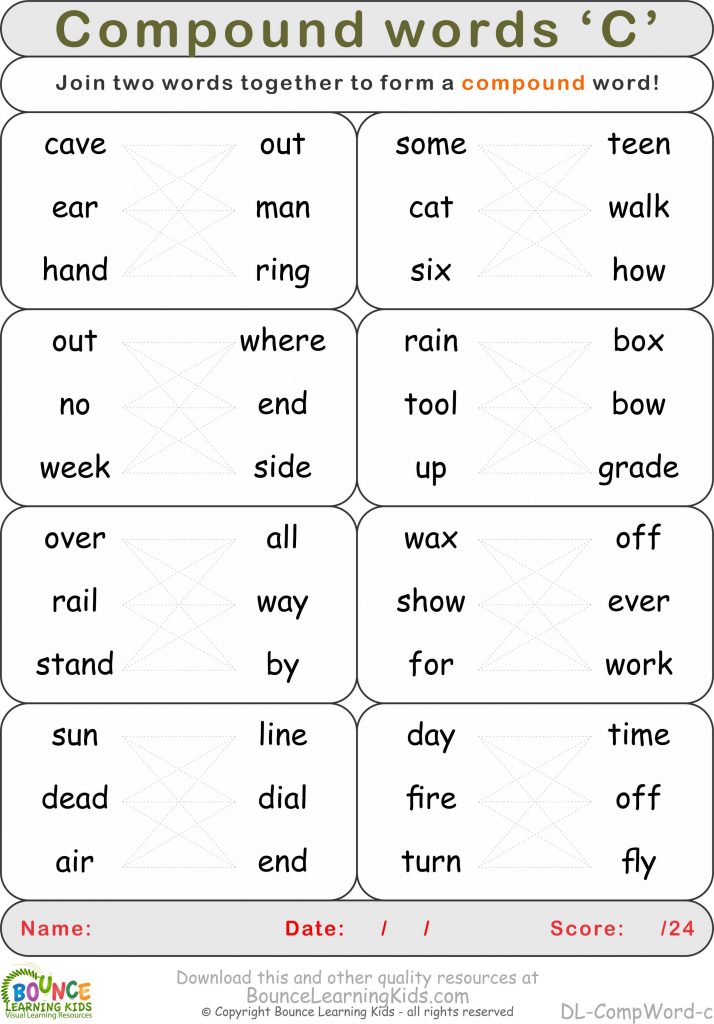
Sy-sy-sy - at the father's mustache.
Sy-sy-sy - I carry scales.
Su-su-su - I carry beads.
C '
Impact syllable: sieve, nets, hay, sitting, sema, seva, sima, wear, carry, mow.
Unstressed syllable: geese, Vasya, Asya, Tasya, Tosya, Dusya.
Xia-Xia-Xia - grazing a goose.
C-C-C - carry a sieve.
Asya-asya — in hay Tasya.
Asyu-asyu - Wake up Vasya.
Z
Impact syllable: goat, teeth, basins, wagons, zone, Zoya, Zaya, I'm taking.
Unstressed syllable: vase, base, dose, muse, belly, phase, goats, call.
Per -for - at Zoya goat.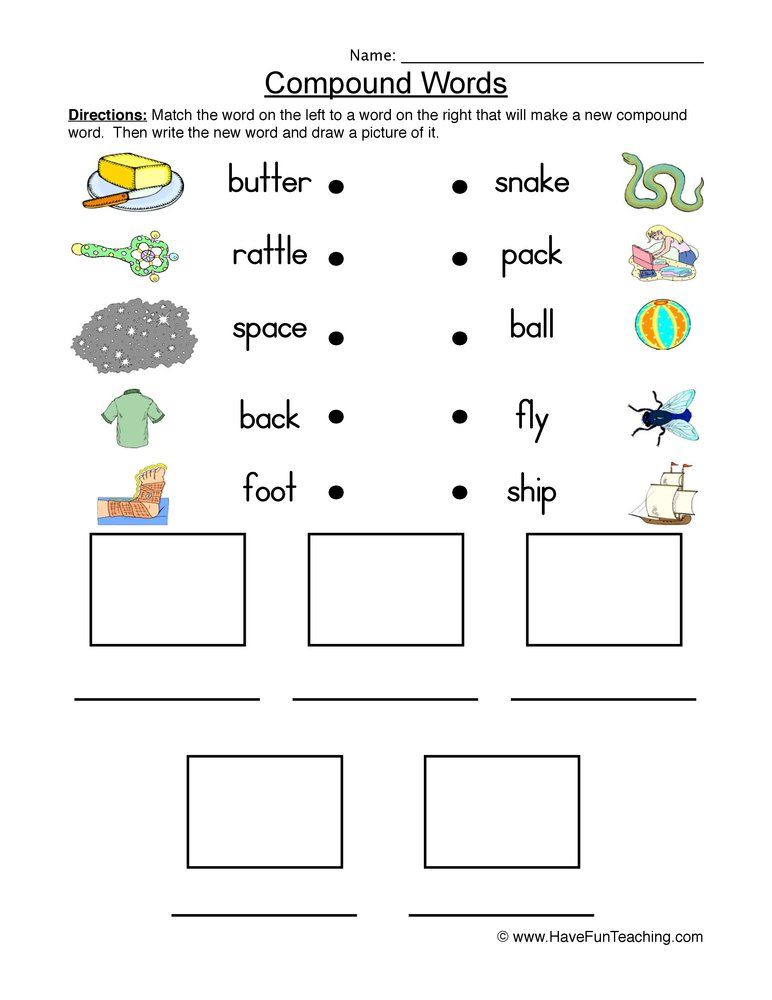
Zu-zu - I'm taking basins.
Aza-aza - at Zaya's vase.
Z'
Impact syllable: Zina, Zita, take it.
Unstressed syllable: winter, Desi.
Zi-zi-zi - Take Zita.
L
Impact syllable: paw, llama, saw, affairs, magnifier, goals, lada, led, saw
Unstressed syllable: moon, soap, pitchfork, saws, Mila, Luka, sang, catch.
la la la - dads saw.
la la la — Mila water saw.
la la la - ox led.
Ly-ly-ly - I wash the floors.
Ly-ly-ly – on the field goals.
L'
Impact syllable: summer, linden, people, Lena, Lenya, Leva, Lida, Luda, Lyuba, Lech, prick, field, saw.
Unstressed syllable: bullet, field, will, fields, Galya, Valya, Olya, Tolya, Nelya, Kolya, Gulya, Gel, Phil.
Lu-lu-lu - I saw lime.
Ole-ole — Linden on field.
Ala-ala - at linden Valya.
R
Impact syllable: frame, wound, early, mountain, hole, bark, company, feather, hands, fish, Paradise, Roma, I take.
Unstressed syllable: hand, holes, chickens, mountains, Jura, Vera, Bark, Mara, Gera.
Ra-ra-ra — near the mountain Nora.
Ra-ra-ra – on oak bark.
Ara-ara - at Rai Mara.
Ora-ora - at Vera Bark.
P'
Impact syllable: seas, dawn, turnip, roar, Rita, Rina, Riga, I cook, I donate.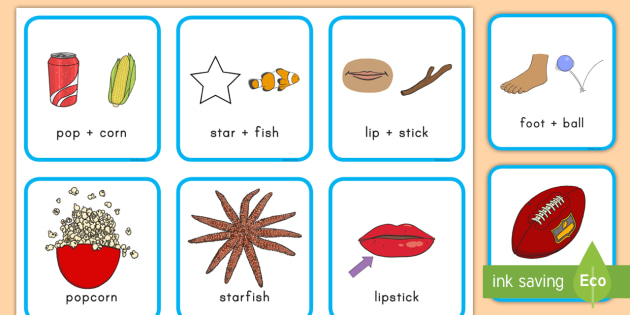
Unstressed syllable: river, storm, weight, weights, Borya, Varya, I believe, I measure.
Ryu-ryu-ryu — i I cook food.
Rya-rya-rya – at sea dawn.
Ryu-ryu-ryu - I give perfume.
Iri-iri - at Borya weights.
Ova-ova — Rita — roar.
Cabin, paper, minute, lipstick, panama, berries, coin, cudgel, cocoa, idea, poem, wallpaper, mushrooms, facial expressions, science, hunting, magic, mafia, infantry, benefit, ethics, era, chemistry, fauna, pichuga, nonsense, gang, method, cubes, ducklings, spiders, herds, irons, walkers, bouquets, walkers, packages, boots, fogs, loaves, cuffs, thin, I'll run away, I will run, I will put on, I will put on, go, wake up, Edita, Diana, Faina, Khibiny, Havana, Denmark, Canada.
Ama-ama - from Diana Panama.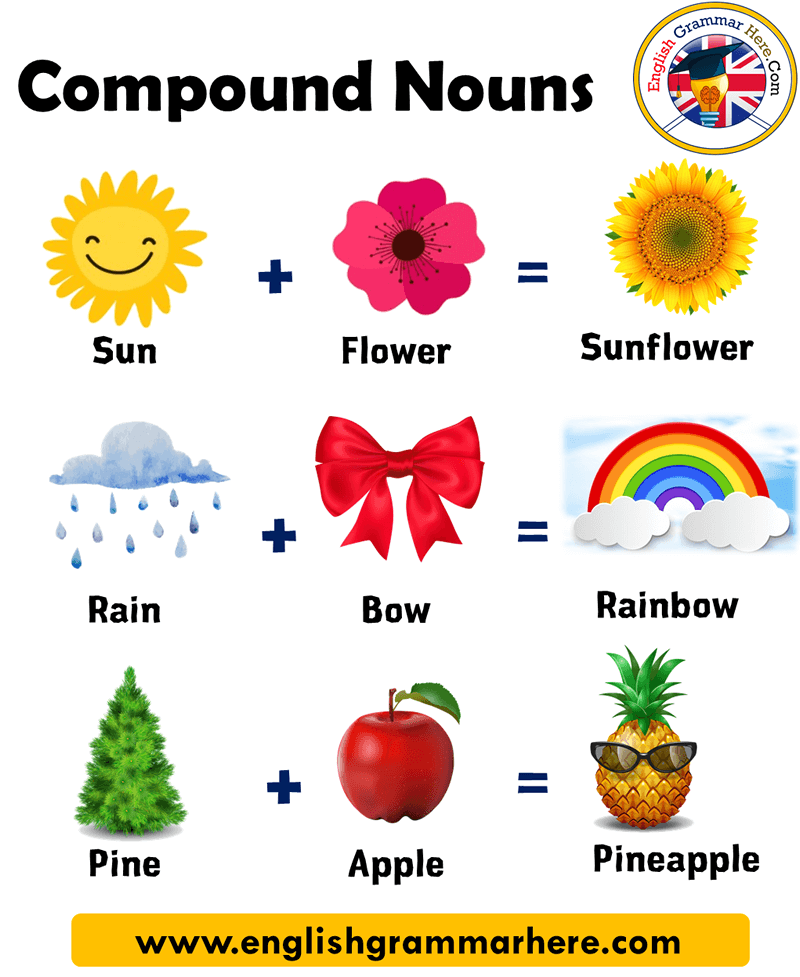
Ada-ada - at Faina pomade.
Yeah yeah - at Ivan paper.
Ata-ata — at Vadim mushrooms.
Aya-aya — Faina skinny.
An-an — near the water fogs.
Ite-ite — want — wake up.
W
Machine, silence young man, hype, reeds, mice, Natasha, Katyusha, Vityusha, Vanyusha, make noise, joke, write, bite.
Na-na-na – houses silence.
Shi-shi-shi — near the water reeds.
Yne-yn — mice on car.
Ite-ite — children, not make some noise!
Asha-asha - write, Natasha.
Ear-ear - at Katyusha Vanyusha.
F
greedy hut, dozen, floors, hedgehogs, knives, live, I'm leaving, I'll see, show, prove, knit.
Zhy-zhy-zhy — show floors.
Zhu-zhu-zhu - I'm leaving .
Choo-choo-choo – dinners want.
Ata-ata – live hedgehog.
C
dog, dishes, sonata, sedge, vessels, advice, boots, dry, well-fed, barefoot, oblique, Sabina, plant.
Gee-gi-gi - from Sony boots.
Dee-dee-dee — Sanyu plant.
Aka-aka - full dog.
Uda-uda — dry tableware.
C'
Cassette, conversation, aspen, blue, suite, neighbors, beads, aspens, seeds, thousand, blue, gray-haired, sit, visit, wear, hang, extinguish.
Dee-dee-dee — Sema, at home sit down.
Ohm-ohm — neighbors at home.
Ima-ima - at the aspen Seva and Sima.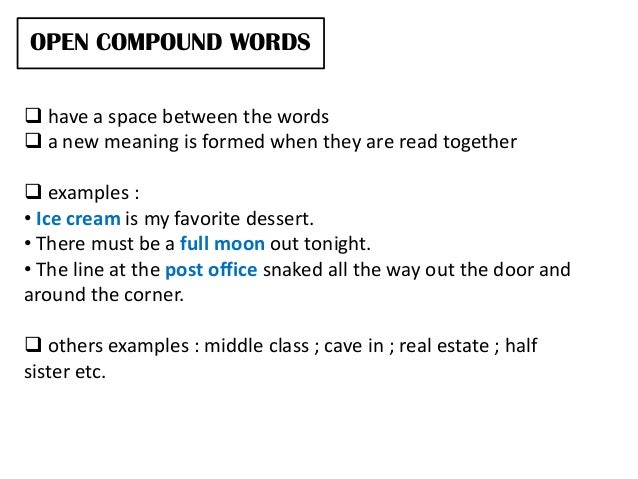
Imy-ima — blue Sima's bead.
Z
Fun, care, music, splinter, pause, bore, replacement, jellyfish, sunsets, covenants, plants, pheasants, bison, lawns, Cossacks, hurt, call.
For-for-for - you are a fidget.
One-one – bison per lawn.
Ava-ava — music fun.
Aty-aty - in the sky sunsets.
Uda-uda — Zina nerd.
Z'
Newspaper, elderberry, physics, onlookers, cousin, visits, take, Asia.
Na-na-na — at home elder.
Zi-zi-zi – houses not busi.
Etu-etu— buy a newspaper.
L
Deck, lagoon, milk, logic, scarecrow, beluga, mare, cold, taxes, volodya, danila, Kaluga, dear, white, lethargic, watered, milked, broke, lapped, caught, woke up, saw.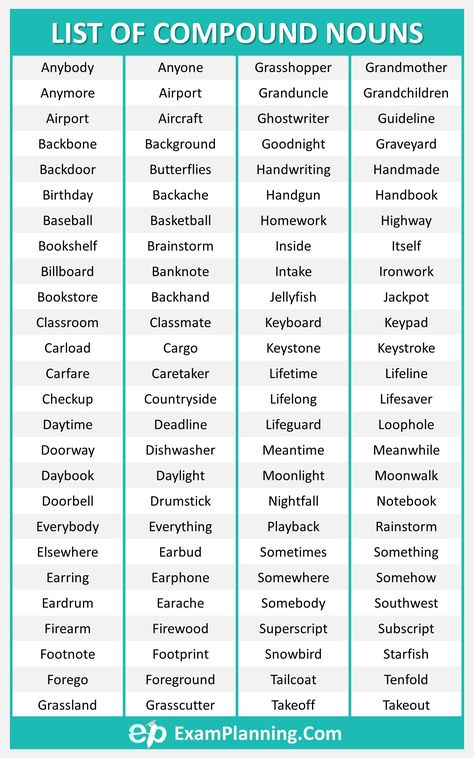
Ko-ko-ko - drink, Volodya, milk.
Oda-ode — at home deck.
L'
Log, raspberry, viburnum, cart, meadow, carol, quinoa, knees, poplars, tickets, away, Liana, Polina, Milady, walked, sculpted, sawed, taught, did, rolled, saw, dressed wanted.
Ko-ko-ko — don't go long away.
Either-or - we sculpted.
Either-or - you taught.
Either-or - they went.
R
Radio, work, rainbow, rocket, motherland, road, cow, crow, beard, shirt, breed, karate, dried apricots, routine, mosquitoes, axes, pies, numbers, chefs, cities.
Ry-ry-ry – houses mosquitoes.
Ry-ry-ry - from dad axes.
Ga-ha-ha - at the cook dried apricots.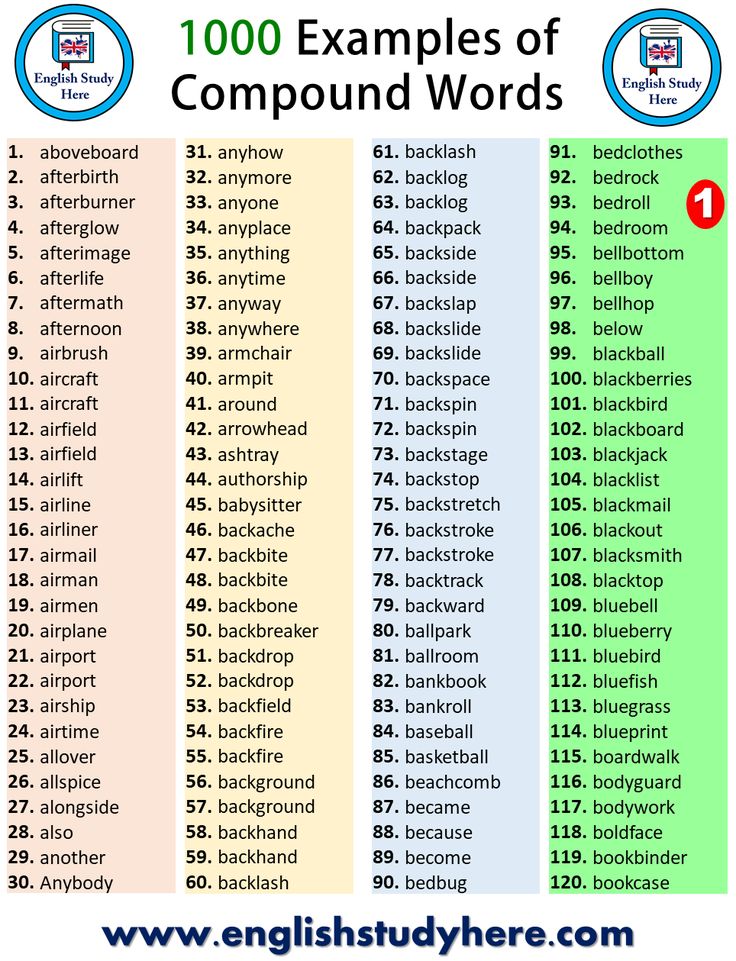
Aha-aha - from Roman shirt.
Eta-eta - in the sky rocket.
P'
Lanterns, savages, guys, carriage, snag, featherbed, wood, rowan, slut, four, nuts, outfits, berets, howler monkeys, beaches, Marina, Irina, Karina, Korea.
Ri-ri-ri – at sea savages.
Rya-rya-rya — Irina lantern.
Re-re-re - guys on grief.
Ga-ha-ha — by the river coast.
We-we-we - on a tree howler monkeys.
Iny-iny — four Marina.
Poisons-poisons - at Marina outfits.
Personal website - Writing compound words for BT-5.
Compound words we call words consisting of various combinations of various simple, complex syllables and single letters.

when writing words consisting of two syllables with an emphasis on the first syllable, we must remember that the postage syllable should always be omitted
under line:
We show with this action that our stressed syllable is the first syllable, which is written according to the Rule BT - 5, and the second syllable is omitted
UNDER line, because he is post-impact.But, according to our methodology, we write the unstressed vowels of the post-stressed syllable in their "sign" version.
When writing words consisting of two simple open syllables with stress on the second syllable, according to our method, we write both syllables according to the BT-5 Rule, remembering that of the two adjacent syllables, STICK is always is the second syllable.
When writing words of this type, it is very important to remember that in shorthand it is very desirable to learn how to translate three-syllable words into words consisting of two syllables.
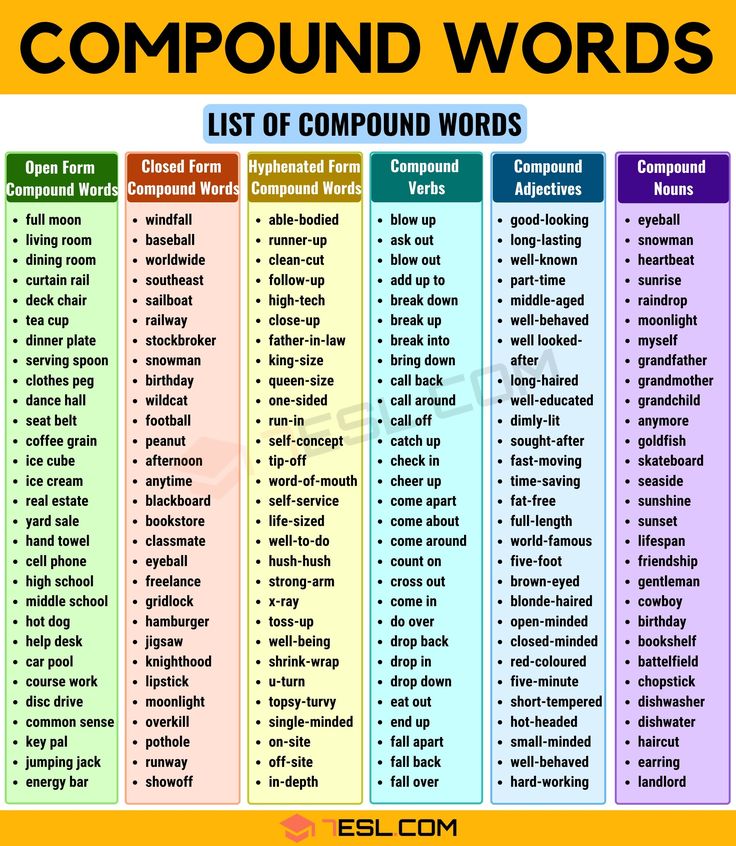 This translation is possible by skipping one unstressed vowel.
This translation is possible by skipping one unstressed vowel. For example: the word "zO-lo-to", given that the stress falls on the first syllable, can be written as follows: "zO-lo-to".
Both syllables are written according to the BT Rule with the stress mark placed on the stressed syllable.
When writing this type of words, we write the first two syllables according to the BT Rule, and omit the post-stressed syllable UNDER the line, writing its vowel in the "icon" version.
When writing this type of words, it is desirable for us to translate a three-syllable word into a two-syllable word by skipping an unstressed vowel.
For example: the word "be-gu-di", considering that the stress falls on the last syllable, we can write: "beg-di".
When writing this type of words , the first stressed simple closed syllable is written according to our rules with omission UNDER the line of the final consonant, and then we also completely omit the second post-stressed simple closed syllable at the same time, its vowel is written in the "sign" variant.
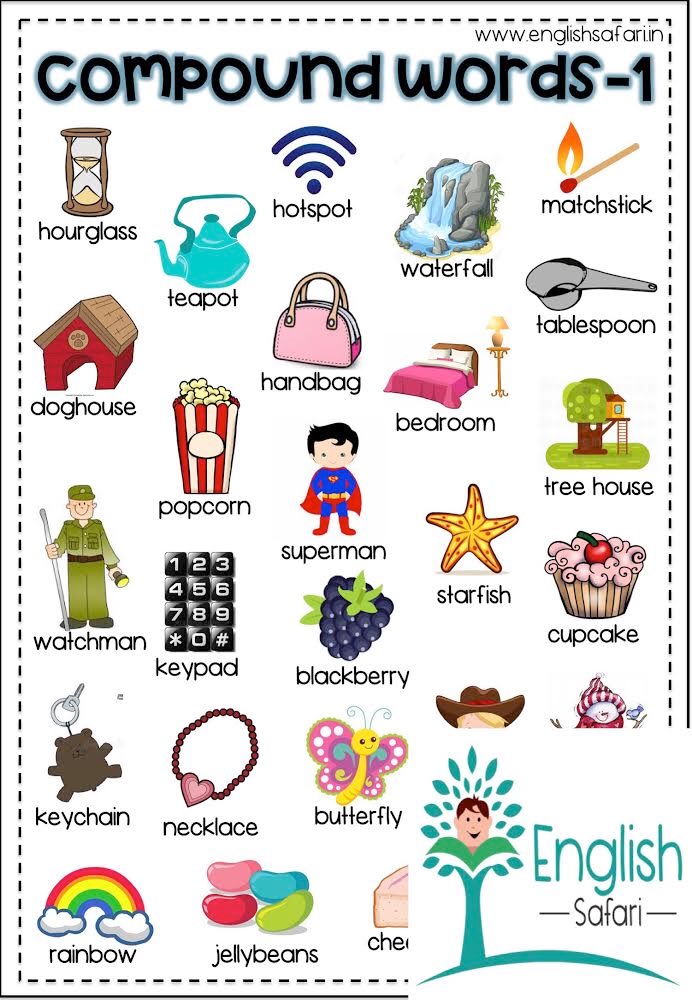
Note: When writing this type of words, we can write both simple closed syllables according to the Rule BT - 5, dropping UNDER the line of final consonants of both syllables.
Note: With such a notation, we violate the principle of stress, but by placing the stress sign OVER the stressed syllable, we return to the stressed principle of writing.
When writing words of this type, we write both syllables according to the BT-5 Rule, remembering that of the two adjacent syllables, the STOP syllable is always the second syllable.
Note : When writing words of this type, it often becomes possible to replace the pre-stressed part of the word with a symbol.
See section "Some Shortcuts for Shorter Writing of Words".
We write the stressed syllable according to the BT-5 rule, and we completely omit the post-stressed syllable UNDER with the writing of its vowel in the "sign" version.

According to our methodology, we write both syllables according to the BT-5 Rule, remembering that of the two adjacent syllables, the STRESS is always the second syllable.
When writing this type of words, it is always possible to replace the pre-stressed part of the word with a symbol:
See the section "Some abbreviations for shorter spelling of words."
We write the stressed syllable according to the rule BT-5, and the next syllable we omit the line UNDER with the recording of its vowel in the "icon" version.
Note: We can write both syllables according to Rule BT-5.
Note: With this writing of words, we violate the stress principle, but by placing the stress sign OVER the stressed syllable, we return to the stress principle.
Such a record has the right to exist.
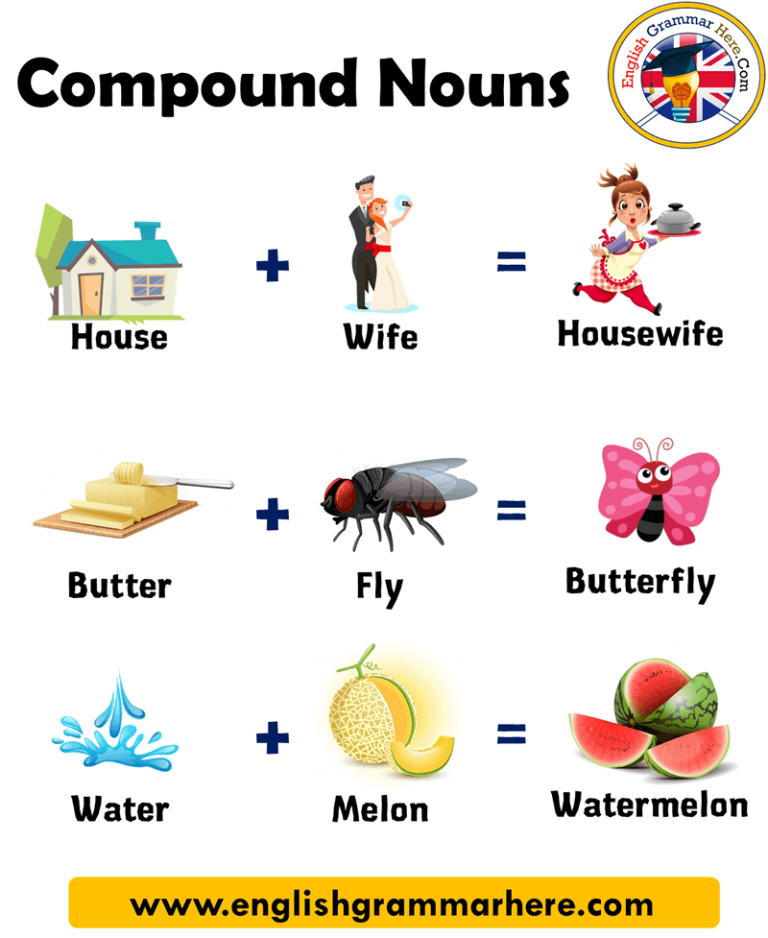
According to our methodology, we write both syllables according to the BT-5 Rule, remembering that of the two adjacent syllables, the STOP is always the second syllable.
When writing this type of words, and there are a lot of such words in Russian, we have several options
.Let's consider them:
1. Two pre-stressed simple open syllables will be written according to the Rule BT-5 with the designation of the vowel of the second syllable by the "sign" variant, and the simple closed stressed syllable 9We will also write 0617 according to Rule BT-5.
2. This option is more related to the SPECIAL course "BT-5 Shorthand". It lies in the fact that if we skip one vowel letter of the second simple open syllable, then instead of TWO simple open syllables we get only ONE simple closed syllable, which we write according to the Rule BT-5 with the lowering UNDER the line of its capital consonant.
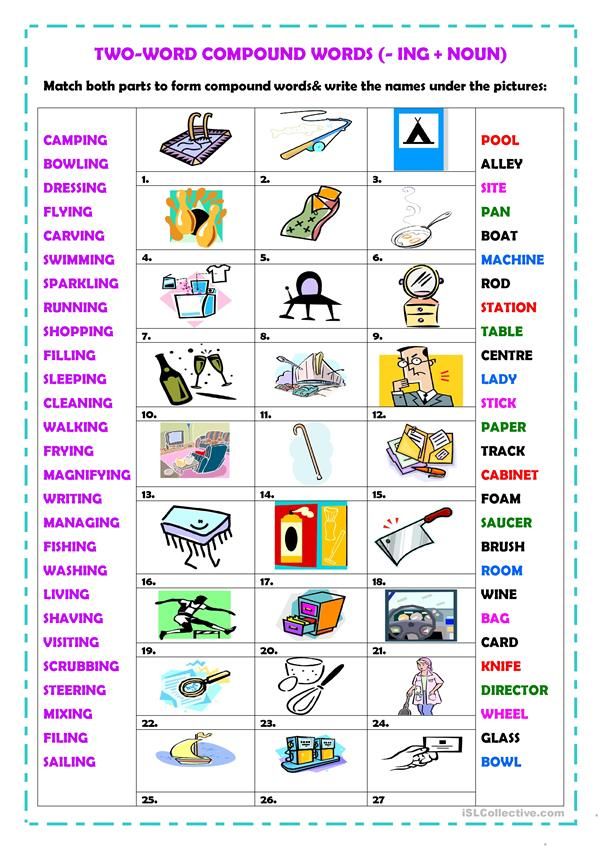
The same group of words should also include two-root words with connecting "O" and "E". We skip these connecting vowels.
Note: When writing this type of words, we have the ability to replace the prestressed part of the word with a conventional designation.
See section: "Special Shorthand Techniques for Shorter Spelling of Words".
Compound words consisting of simple reverse and simple closed syllables with stress on the second syllable.
When writing this type of words, we write a simple reverse syllable according to the BT-5 Rule, and we omit a simple open syllable UNDER the line with its vowel written in the "icon" version.
Both syllables are written according to Rule BT-5. Of two adjacent syllables, the stressed syllable is always the second syllable.

When writing this type of syllables, we write the simple stressed syllable ON the line, and omit the simple reverse syllable UNDER the line:
Both syllables are written according to Rule BT-5. Of two adjacent syllables, the stressed syllable is always the second syllable.
Both syllables are written according to the BT-5 Rule. Of two adjacent syllables, the stressed syllable is always the second syllable.
When writing this type of words, it is necessary to skip the unstressed vowel of the second simple open syllable. The resulting simple closed syllable is written according to Rule BT-5. Then the reverse syllable is written.
when writing this type of word is a vowel-single, due to the fact that it is shock,
is recorded by line, and the postparty, the simple open syllable is lowered under to record its glaz "icon" option.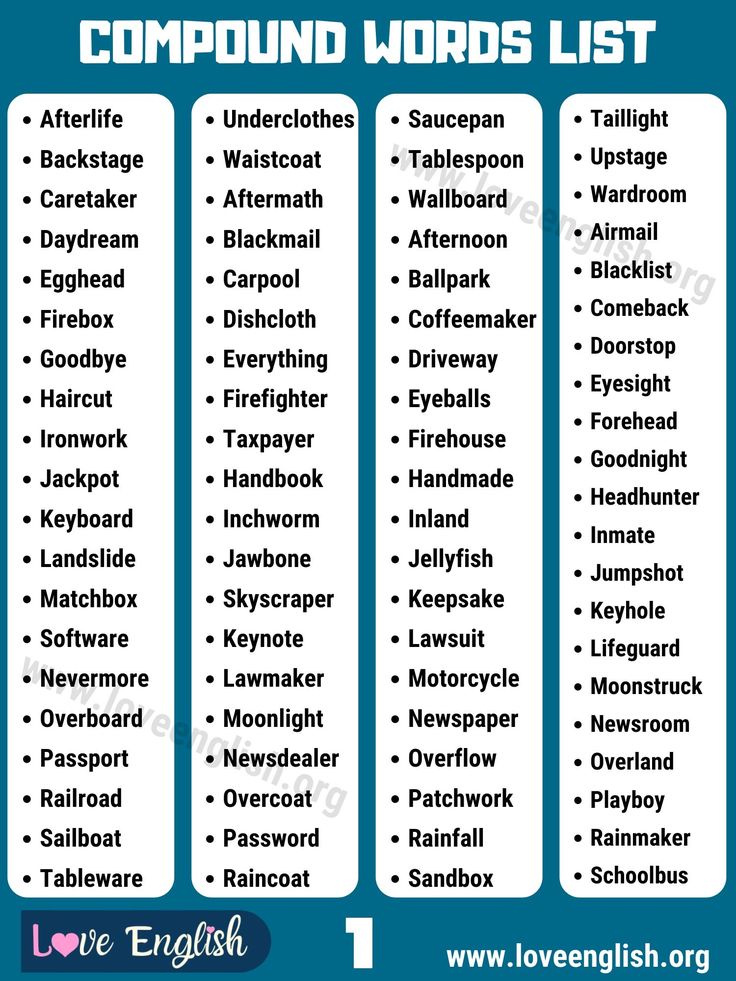
Complex words that are state-sided with a glazed-dino syllable with stress with stresses in the open.
When writing this type of words, an unstressed vowel is written
ON the line with the "icon" option, and the stressed simple open syllable according to the rule BT-5.Of two adjacent syllables (in this case, a single vowel and a syllable), the second syllable is always stressed.
When writing this type of words, the stressed single vowel is written
ON line , and the post-stressed simple closed syllable is completely omitted UNDER a line with the entry of its vowel letter in the "icon" version.
Note: Words of this type can be written in violation of the principle of stress and writing a post-stress syllable according to Rule BT-5.
